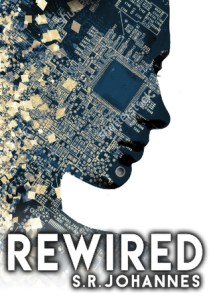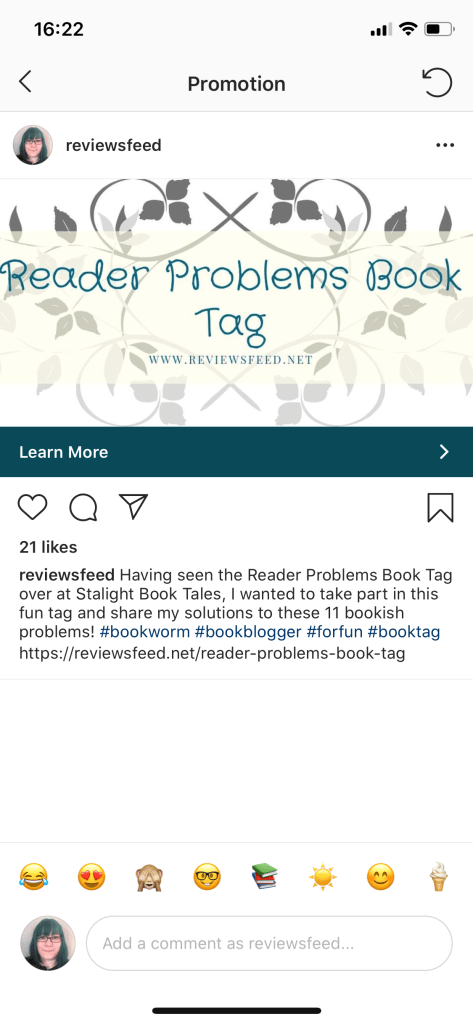Top Ten Tuesday – Non-Bookish Hobbies
Hello everyone and welcome to today’s Top Ten Tuesday post!
Today’s topic is actually a little premature as it’s earmarked for Tuesday 3rd November. Unfortunately, I have a blog tour that day but I really wanted to share the post anyway. It’s especially relevant at the moment as I am finding myself turning more to non-bookish hobbies. I also think this post is a fun way for you to get to know a little more about me!
So, here are my top ten non-bookish hobbies, and for fun, I’m posting them in reverse order: –
Logic Puzzles
From classic puzzle books, Sudoku, codebreakers and hanjie are puzzles I really enjoy trying to decode. Classic games like Minesweeper are fun too. I think it’s fair to say that I don’t have a particular bias towards numbers, words or pictures when it comes to employing logic to solve a puzzle – I just enjoy the challenge of using the clues I’m given to complete a puzzle.
I haven’t done a logic grid puzzle in a long time, but those are good too! Half the battle with those is reading the word clues very carefully to make sure you got all the information out of them.
Watch documentaries
I don’t watch much TV, but lately, I’ve taken to watching documentaries. I’ve watched nearly3 series’ of Blowing Up History over the past couple of months, as well as David Attenborough’s The Galapagos Islands docu-series. I’m sure I watched these years ago, but I enjoyed it again! I also enjoy TV mystery/thrillers and dramas, but I haven’t watched so many of those lately.
Watching YouTube
From instructional videos to watching people play games like Minecraft, I enjoy watching a video or two on YouTube… especially when I’m eating.
Play Minecraft
Playing Minecraft is something I also enjoy, although I haven’t logged on for a little while now. The last time I went to play I discovered my wireless mouse was broken. That was the end of August. I tend to play Minecraft for a bit and then stop, but then get back into it again. I haven’t played all that much since the Nether update went live, so maybe that’s my excuse to get back into it again! The next update has just been announced and sounds great, so I’ll definitely be getting back into it again when that’s released!
Listening to music
I almost forgot to add this to my list even though it’s something I do every day. That’s precisely the reason I overlooked it – it’s an ingrained habit. I love music across a variety of genres. From some of the more modern music to singer/songwriter, musical tracks and even soundtracks (I’m sure you’ll be REALLY surprised to know I have all the Game of Thrones soundtracks downloaded… NOT!) I really enjoy a variety of music. It depends on my mood as to what I listen to.
Writing
It’s hard to think of writing and blogging as separate to reading given that the two have gone so hand-in-hand for such a long time. But, they are technically different hobbies. I like taking the time to share my thoughts on something, whether it’s a book, an idea – you name it… I’ll have an opinion on it! Taking the time to write several times a week over the course of a few years stacks up and consequently, I find it a lot easier to write now than I did when I started blogging in 2017.
Knitting
Knitting is a new hobby I’ve taken up in the last month or two and I’m enjoying the challenge of it. I learned the very basics of knitting as a child, so I’m not completely new to it. I think my knowledge of it only went so far as learning the garter stitch and figuring out (the hard way) how not to add or drop stitches. That first ‘scarf’ I made, was awful. I can still picture that first section I did in brown, full of holes and scruffy as anything. In hindsight, the colour choice was a premonition for how it was going to turn out…
I still make plenty of mistakes now, but I’m also taking on more stitches and more complicated patterns… so that’s my excuse.
Crochet
I’ve been crocheting longer than knitting; however, I love the two just as much!! Ironically, crochet is the more complicated of the two crafts (in my opinion) as there are more stitch types and combinations etc but I found that easier to learn than knitting.
A little weird fact for you – I learned how to do these crafts at different times and in different ways, so I knit right-handed but crochet left-handed.
Learn new things
I guess you have probably figured out from some of the entries here that a lot of my ‘motivation’ behind them is learning new things. More than anything, I love to learn – whether it is picking up a new skill or just finding out something I didn’t know yesterday. I enjoyed going to school (for the most part) and so I try to make everyday a school day!
Spend time with friends/family
Above all these things, my friends and family mean the most to me and so spending time with them is the thing I look forward to most. I am very lucky to be close to my family and we see each other a lot! I also have a close-knit circle of friends that are great fun to spend time with. You see a lot of jokes about readers and avoiding socialising in favour of staying home and reading. I’m really not like that at all. I do enjoy socialising and I’m grateful for the wonderful people I have in my life. I’d give up every hobby in this list for them if I had to, so of course they take the top spot on this list!
What are your hobbies? Let’s chat and get to know each other!























 We all know the story. Frankenstein, in his fascination for creating “perfect life” through his love of science, accidentally creates a monster. Horrified, he shuns the monster which flees and goes into hiding.
We all know the story. Frankenstein, in his fascination for creating “perfect life” through his love of science, accidentally creates a monster. Horrified, he shuns the monster which flees and goes into hiding.

 Top 1% in Epic
Top 1% in Epic